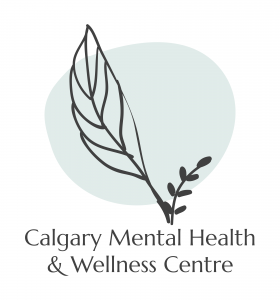When a friend is struggling, it’s often easy to find kind words:
“You’re doing your best.”
“It’s okay to feel like this.”
“You’re not alone—I’m here for you.”
But when you’re struggling? That inner voice often sounds more like:
“Why can’t you handle this?”
“You’re overreacting.”
“Get it together.”
It’s a strange double standard, isn’t it? The truth is:
The compassion you give others? You deserve it too.
💛 Why We’re Kinder to Others Than Ourselves
It’s not that you don’t want to be kind to yourself—you may just not have learned how. Many of us were raised in environments where self-criticism was mistaken for motivation. Being “hard on yourself” felt like the responsible thing to do.
But research (especially in self-compassion therapy) shows that harsh self-talk increases anxiety, shame, and even procrastination. Compassion, on the other hand, fosters resilience and emotional regulation.
🧠 Your Brain Doesn’t Know the Difference
Studies in neuroscience reveal something fascinating:
When you think or speak harshly to yourself, your brain reacts the same way it would if someone else were criticizing you.
The emotional brain can’t tell that it’s “just you.”
So self-criticism actually activates the same stress response you’d feel in a real conflict.
That means being kind to yourself isn’t indulgent—it’s protective.
🌿 Try This: The “Friend Voice” Practice
When you catch yourself spiraling into self-judgment, pause and ask:
“What would I say to a friend going through this?”
Would you call them lazy, weak, or dramatic?
Or would you say: “You’re allowed to feel this way. You don’t have to be perfect. I’m proud of you for just showing up.”
Then take a deep breath and say those same words—to yourself.
It might feel awkward at first. But with practice, your inner voice can shift.
✨ Rewriting the Script
Here are some examples of how to shift from self-criticism to self-compassion:
| Self-Criticism | Compassionate Reframe |
|---|---|
| “I’m such a mess.” | “This is hard, and I’m doing my best.” |
| “I should have known better.” | “I made a choice with what I knew then.” |
| “I’m too emotional.” | “My emotions are valid and trying to tell me something.” |
🪞 Why This Matters
Self-compassion doesn’t mean you never take accountability or make changes.
It means you can grow and change—from a place of support, not self-attack.
It’s not about ego. It’s about empathy—for yourself.
You’re with yourself 24/7. Make that relationship one of kindness.
🌼 Final Thought
You wouldn’t abandon a friend when they’re hurting—so don’t abandon yourself.
The next time you’re in a tough moment, try whispering the words you’d offer to someone you love.
Let kindness start with you.







